Can Adult Authors Be Taught?: Considering the Alternative Celebrity Children’s Book
The title of the New York Times piece is Masters of Prose Warm Up to Children’s Picture Books. Innocuous enough. Inside, the article looks at the current spate of authors who normally write for an adult audience but have recently switched their focus to our youngest readers. Jane Smiley, Sherman Alexie, and Calvin Trillin are spotlighted in particular, though they are hardly the first of their kind. As the writer Alexandra Alter rightly points out, it is far more common for (for lack of a better term) adult authors to write middle grade or YA books for kids. Picture books take, in many ways, a different set of muscles and only recently have they become quite so popular with writers for adults.
Part of what I liked so much about Ms. Alter’s piece was the fact that it mentions historical precedents. “Writing children’s literature has always appealed to a subset of serious novelists. James Joyce, who wrote some of the most famously impenetrable passages in English literature, wrote two children’s fables about cats for his grandson. James Baldwin, John Updike and Kurt Vonnegut all published illustrated books for young readers.” To say nothing of poets like Sylvia Plath or Ted Hughes. And so on. And such.
ADVERTISEMENT
ADVERTISEMENT
So why are so few children’s books by adult writers truly memorable?
That’s a rather broad brush to paint with, so I’ll endeavor to explain. Think about the adult authors you really admire. Now think about their children’s books, if indeed they’ve written any. Were they good? Or merely mediocre? Chances are, they’re in the latter category.
This is not to say, of course, that an author of adult stories and texts can’t also win big in the children’s book realm. Look at one of the Newbery winners. Neil Gaiman is probably the most prominent example of someone who has truly succeeded in the children’s book realm, conquering not just middle grade novels but also early chapter books and picture books too. But for every Gaiman there’s a Michael Chabon or Alice Walker or Donald Barthelme (I’m looking at YOU, Slightly Irregular Fire Engine). You love their adult work. You’re kinda meh on what they do for kids.
A lot of these authors have children of their own, or even grandchildren. Many create stories for those kids and turn those stories into books. Jules Feiffer, for example, wrote Bark, George after telling that tale to this daughter at bedtime. But pleasing your own children vs. pleasing other people’s children? They don’t always go hand-in-hand.
Here then, is a list of adult authors that I think really and truly got it right. A hat tip to the books that could have been published, even if the authors had been completely and utterly obscure first-time writers:
The Wolves in the Walls by Neil Gaiman
Granted, it wasn’t his first picture book, but I’d maintain it remains his best. It taps into fears, feeding and allaying them simultaneously. I suppose he’s always lucked out in his illustrators. A lovely musical was constructed out of it years ago too.
Thunder Boy, Jr. by Sherman Alexie
The NY Times article is right. It really is quite good (though he also lucked out on his illustrator). Little wonder it’s done well since apparently he went through 70 drafts.
Old Possums’ Book of Practical Cats by T.S. Eliot
ADVERTISEMENT
ADVERTISEMENT
I still haven’t heard a good reason for why Eliot wrote this. Before Andrew Lloyd Webber was even a gleam in his grandma’s eye, Eliot penned this lovely, rolicking, quite silly collection. The later illustrations by Edward Gorey are just icing on the cake.
The Bed Book by Sylvia Plath
I know parents who swear by this book. Their children won’t go to sleep without it.
13 Words by Lemony Snicket, ill. Maira Kalman
Because technically he was an adult author first, even before A Series of Unfortunate Events. This is kind of a twofer, since Kalman works primarily in the adult art world as well. But all I really care about is that they created this great book trailer.
Who’s Got Game: The Ant or the Grasshopper? by Toni Morrison with Slade Morrison
The whole “Who’s Got Game?” series was an original way of reinterpreting the Aesop fables. I liked Morrison’s style. Her picture books haven’t always hit it out of the park, but I thought this series had a lot going for it.
And now . . . a list of adult authors I’d really and truly love to see children’s books by, if only because I’m having a hard time imagining how those books would go.
- Zadie Smith
- Salman Rushdie (a picture book – his Haroun books were nice enough but I’d like to see the man go younger for a change . . . and not just in his dates. Goodnight, everyone! Try the fish!)
- Allie Brosh
- Stephen King (that pop-up book The Girl Who Loved Tom Gordon doesn’t count – not really)
- Louise Erdrich (again, younger than her middle grade novels – a picture book would fulfill all my hopes and dreams)
- Gary Soto (because I know exactly what I’m saying)
Filed under: Uncategorized
About Betsy Bird
Betsy Bird is currently the Collection Development Manager of the Evanston Public Library system and a former Materials Specialist for New York Public Library. She has served on Newbery, written for Horn Book, and has done other lovely little things that she'd love to tell you about but that she's sure you'd find more interesting to hear of in person. Her opinions are her own and do not reflect those of EPL, SLJ, or any of the other acronyms you might be able to name. Follow her on Twitter: @fuseeight.
ADVERTISEMENT
ADVERTISEMENT
SLJ Blog Network
One Star Review, Guess Who? (#202)
Exclusive: Giant Magical Otters Invade New Hex Vet Graphic Novel | News
Parsing Religion in Public Schools
Take Five: LGBTQIA+ Middle Grade Novels
ADVERTISEMENT



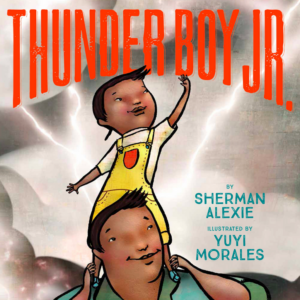





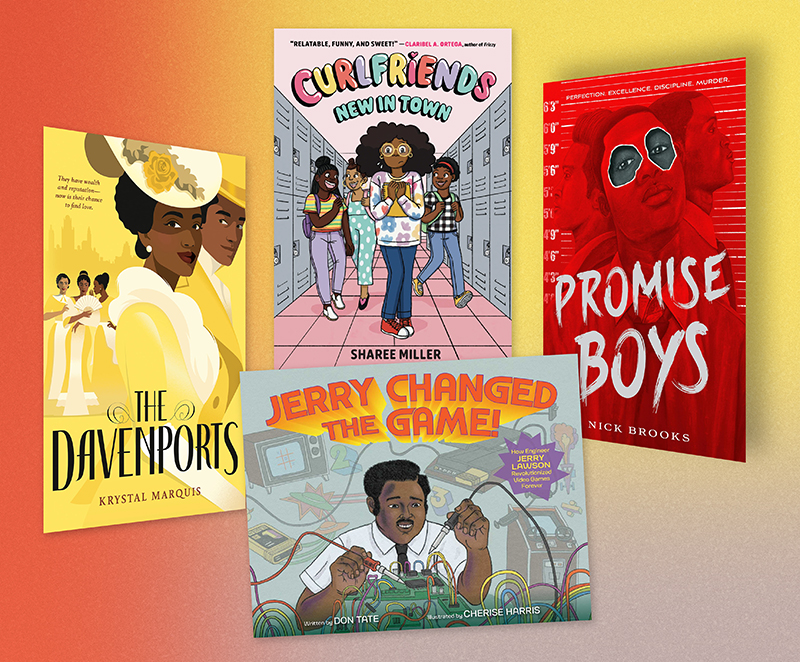
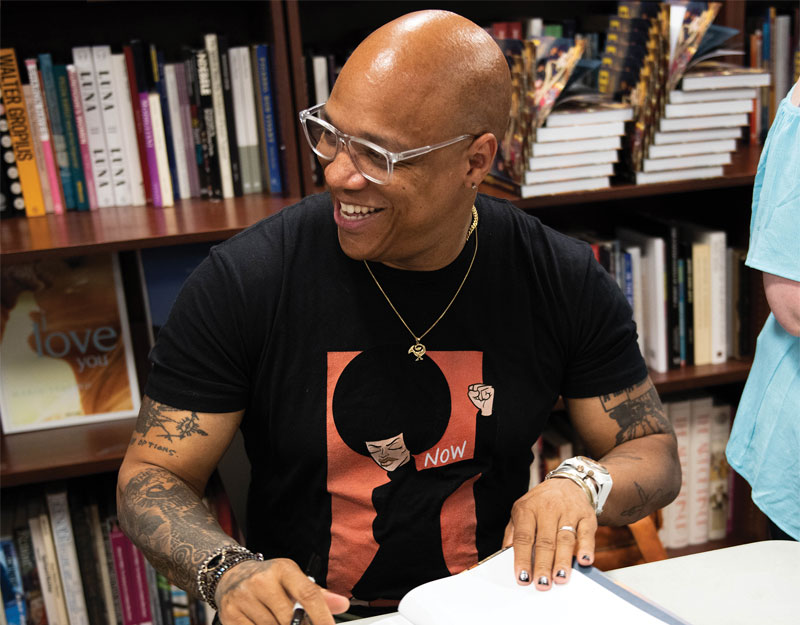
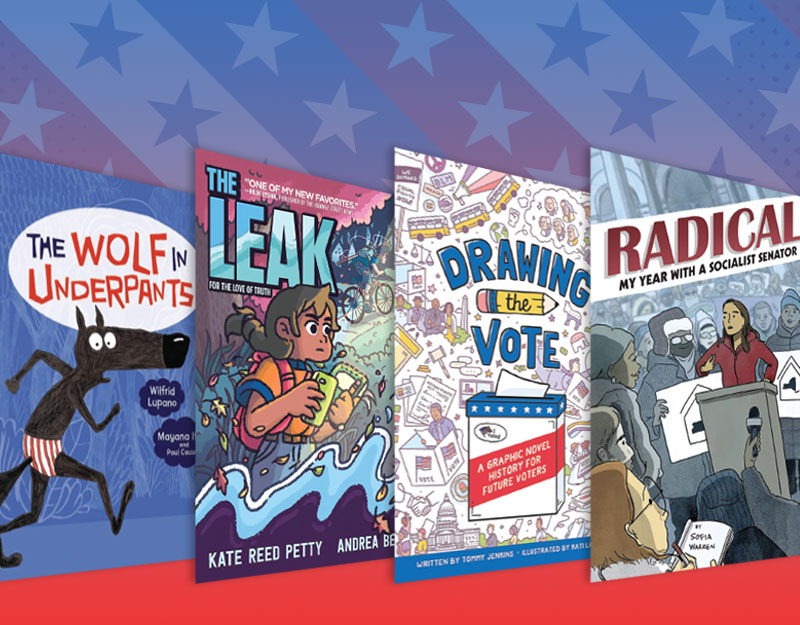
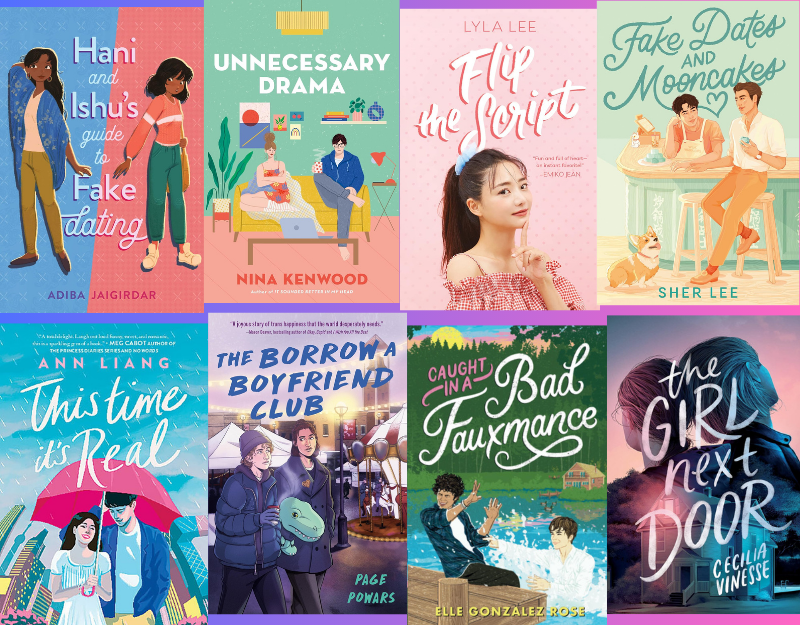

Gary Soto had Chato’s Kitchen, which is funny and fantastic, and the only picture book I know of set in East L.A. I think it had a sequel, too. I wish he’d come out of retirement.
There were three Chato books altogether, not too mention Too Many Tamales, etc. I was being cheeky about the retirement. I know his justification (and he was pre-Twitter at that) but it doesn’t hold water. He needs to come back.
Betsy! Bird!
Contact Allie Brosh’s publisher immediately. This is singularly the greatest idea I’ve encountered in weeks.
Simple Dog is begging for his own picture book. *swoon*
Simple Dog Is Magic. I mean, let’s be honest. It writes itself.
Betsy,
I’ll climb on my soapbox one more time, since my tweeting isn’t always noticed. The NYTimes article – seriously. NEVER ONCE MENTIONING Lauren Castillo or the other artists who MADE the books? As an author of a few picture books, (and the husband of an illustrator) it’s so irritating to read an entire article that never once mentions that PICTURE books means that someone took the words off the page and created a concept and – I don’t need to explain this to you or readers of this blog. None of these authors are illustrators (unlike Jules Feiffer) and they owe a HUGE debt to the people who turned their words into a beautifully illustrated book. That the Times missed this, and went so far as to NOT USE the photo where Lauren is seated next to Jane Smiley in the print edition, is a huge diss and one that is hard to explain. Maria Russo is a HUGE supporter of picture books and writes beautifully about them. Clearly she was not part of the making of this article.
End of sermon. But you get me, I’m sure.
I do, man. I do. It’s sort of why I call them the alternative celebrity children’s books. In both cases you have famous people paired with magnificent illustrators. If there’s success for the book, more often than not it’s due to the artist. The exception being, of course, THE BOOK WITHOUT PICTURES. Gotta give the guy grudging credit on that one. But you’re right, the person who makes a living with children’s literature tends not to get any notice when they’re reporting.
Louise Erdrich has published The Range Eternal (Hyperion, 2002), Grandmother’s Pigeon (Hyperion, 1996), and maybe one more picture book I’m forgetting. Would be lovely to see them back in print.
I knew I’d missed something! Yes indeed, back in print, please.
I own & was going to mention Grandmother’s Pigeon too, by Cynthia beat me to it! I’m a huge fan of all of Louise Erdrich’s work.
As a newly published picture book author, I have mixed feelings about this. I have found some recent picture books authored by adult authors to be a bit lacking, even though I loved and admired their books for adults. It’s almost as if they’re in the “celebrity” author category in a way (as you mention above). At least, it makes me feel like the books would not have been published by a new unknown PB author starting out.
And yes–I agree with Denis’s point above–what about the illustrators??? The author of the article also didn’t really seem too familiar with the genre saying that they’re written for 3-7 year olds. The range is much wider, I would argue, from wordless concept books for babies & toddler, through sophisticated nonfiction that can be used in middle school or even high school classrooms!
Where does Judith Viorst fit into this? It looks like her first books were nonfiction for children (I had no idea she wrote these, but it’s what wikipedia tells me), then an adult book, then Alexander. Her writing for adults and children is actually very similar, too – dealing with relationships, unfairness, anxiety.
On the Allie Brosh tip, don’t forget Kate Beaton of Hark! A Vagrant! (the historical, heavily Canadian webcomic, which has decent teen crossover but is written for grownups, as are her sequential art books), who also did The Princess and the Pony, a picture book using one of her random characters, the Fat Pony. It’s cute and body-positive.
I think it is fair to say that I never, ever, forget Kate Beaton. Never ever ever.
There’s also Margaret Atwood’s Wandering Wenda, and Princess Prunella.
Don’t diss Brooklyn’s first poet laureate, playwright, author, and librettist, Norman Rosten. We got wonderful reviews for A CITY IS (Holt).
Stephen King wrote one of the stories from Chris Van Allsburg’s The Chronicles of Harris Burdick. I thought his story was one of the weaker contributions, and that was *with* the benefit of an amazing CVA illustration. I think he should probably stick to his wheelhouse.
I think I’d struck that story from my memory, but you’re right. It was overlong, as I recall.